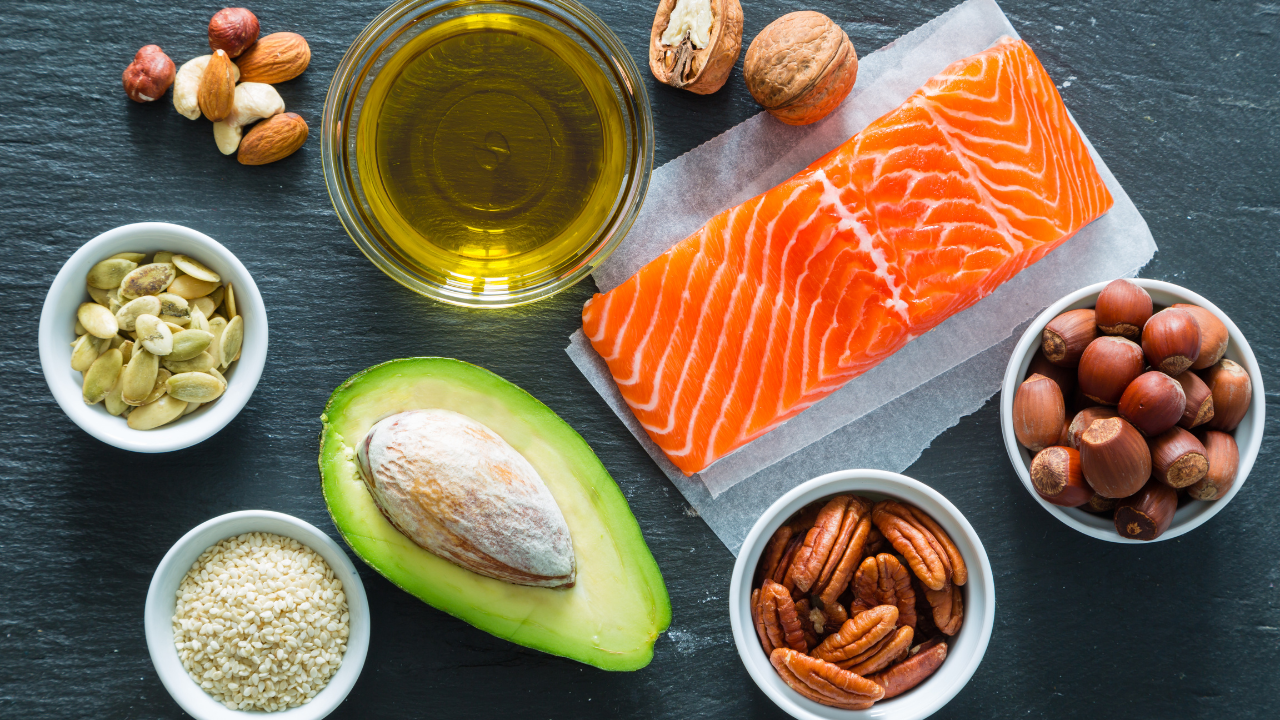Weight Loss Myths – If fitness has some core goals, one of them is undoubtedly maintaining a healthy weight. However, it’s also very easy to lose weight the wrong way. There’s an overwhelming amount of weight loss advice on the Internet. It can be challenging to discern which tips can actually help — and which ones won’t. In today’s article, we will debunk some of the more dangerous ones to help you out.
Weight Loss
If fitness has some core goals, one of them is undoubtedly maintaining a healthy weight. All Things Health explains your ideal body weight can not only keep you strong, but also reduce your risk of developing chronic diseases and even cancer. Many people who embark on fitness journeys do so to lose weight and achieve these benefits. You might even be one of them.
However, it’s also very easy to lose weight the wrong way. There’s an overwhelming amount of weight loss advice on the Internet. It can be challenging to discern which tips can actually help — and which ones won’t.
If weight loss is one of your main fitness goals, it’s thus vital that you avoid weight loss myths that can put you off track. Below we debunk some of the more dangerous ones to help you out.
Myth #1: Focus on calories
A common myth is that you can eat anything as long as you count calories, or that skipping meals helps shed weight by reducing calorie intake. Both are untrue. WeightWatchers outlines out that weight loss actually relies on nutrients. If you simply count calories, you risk becoming deficient in some nutrients — which isn’t healthy. If you ate 200 calories of candies instead of almonds, you only gain sugar’s empty calories. Meanwhile, almonds are rich in nutrients like Vitamin E, magnesium, and fiber. Eat foods with a diverse range of vitamins and minerals. More importantly, eat regularly! We mention in Balancing Exercise and Diet that fueling your body with balanced foods will help you see results faster, especially if your weight loss plans also include exercise.
Myth #2: Fat isn’t your friend
This is an easy mistake to make. If you’re over your ideal weight, you may be considered “fat” — so foods that contain “fats” should be avoided. However, it’s important to note that the word “fat” has a different meaning in nutrition. There are actually two main kinds of fats to look out for: trans fats (bad) and unsaturated fats (good). The Government of Canada website notes that unsaturated fats give your body energy, aid its development, and help it absorb vitamins and minerals. Some great foods that contain unsaturated fats include fatty fish, vegetable oils, nuts, and seeds. Meanwhile, trans fats are more likely to raise your bad cholesterol levels. They’re mostly found in processed foods, so avoid those as much as possible.

Myth #3: Trendy diets work
Also known as “fad diets,” these are always advertised as the best way to lose weight — at least until the newest thing in diets comes in. Yet many of them are restrictive. Diets like juice cleanses, raw food diets, and gluten-free diets cut out a lot of food groups and can deprive you of the nutrients you need. Reader’s Digest Canada explains that fad diets can thus cause dehydration, fatigue, indigestion, and ultimately malnutrition. More crucially, diets aren’t supposed to be a one-size-fits-all solution. Everybody is in a different state of being and has different needs. Instead of resorting to a trendy diet, strive to eat a balanced range of foods and consult a registered dietitian if needed.
Final Thoughts
Weight loss can be tricky due to the sheer amount of information out there. However, it doesn’t have to be. Hopefully, these debunked myths help you embark on a healthier and more sustainable weight loss journey that’s in line with your fitness goals.
To learn more, visit Train Fitness.



